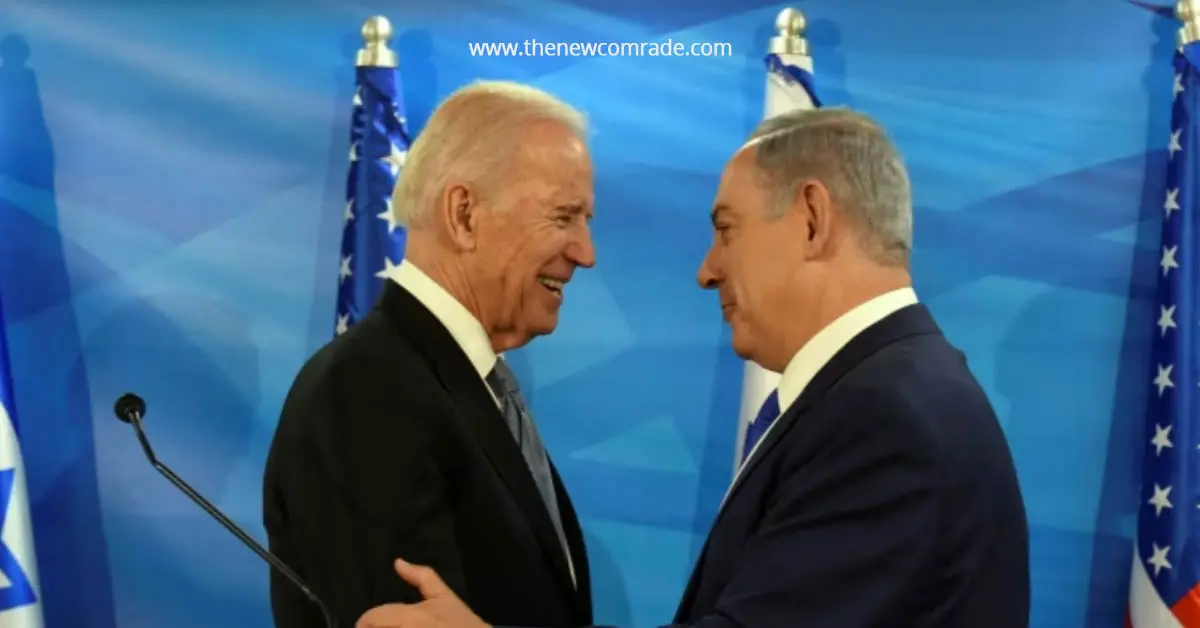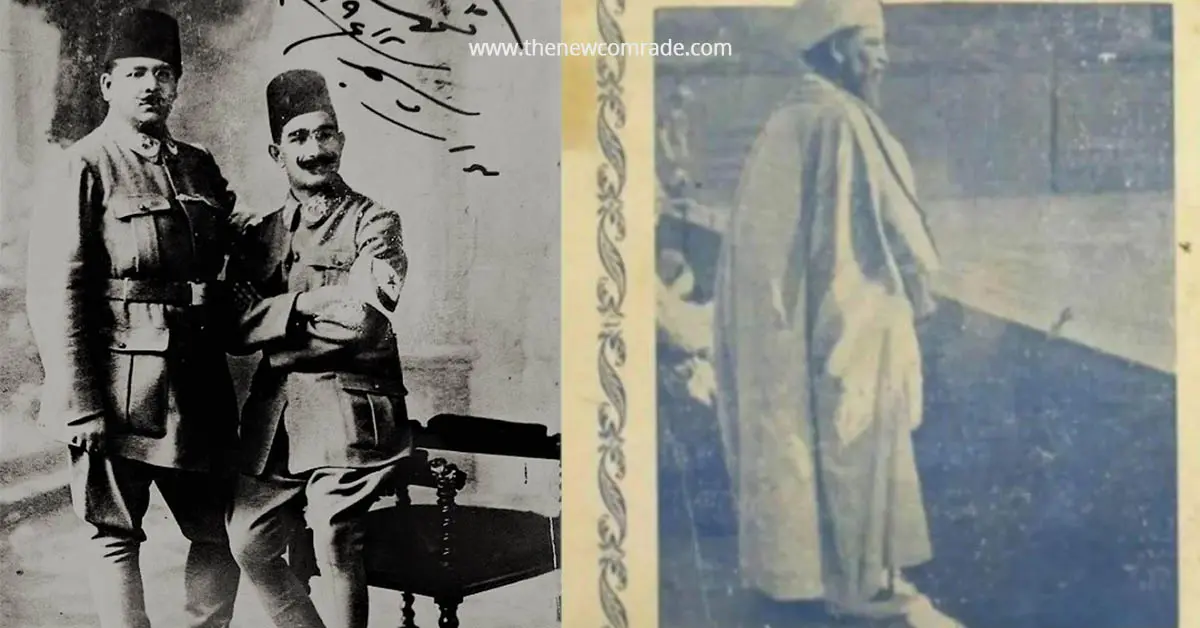From advocating for the deportation of asylum seekers to Rwanda and expressing reservations about Indian immigrants, to leaking confidential Cabinet papers and making inflammatory remarks about various groups, Suella Braverman’s actions have consistently drawn condemnation. The recent dismissal of the former home minister in the UK, has brought to light the divisive rhetoric and controversial policies that marked her tenure. Although she was sacked, impact of her statements and proposals remain, particularly those concerning asylum seekers, immigration, and multiculturalism. Far importantly, she proved that hateful Xenophobia is never far from the surface in Britain.
Braverman in a piece for The Times characterized pro-Palestine protesters as “hate marchers” seeking to assert the primacy of certain groups, particularly Islamists. And her departure does not signal an end to the repercussions of her divisive messaging. Nesrin Malik in the Guardian argues that this event should be viewed in the larger context of Islamophobia that has persisted in British politics and media, with Muslims being cast as outsiders and their motivations constantly questioned. Anti Muslim sentiments has evolved from post-9/11 suspicions to broader concerns about immigrants, security, and British values. Braverman’s comments about a “perception that senior police officers play favorites” also tap into the history of policing the existence of Muslims, immigrants, and people of color for evidence of aggressive demands for special rights. Islamophobia is now incorporated into the state’s institutions, which is evident from the anti-terror legislations that has normalized suspicion, surveillance, and discrimination against Muslims.
The dismissal of concerns about the Gaza conflict as mere “infiltration” by external forces further perpetuates the divisive narrative. It is significant to understand that the larger disfigurement lies in the inability to make connections and understand the consequences of years of divisive rhetoric on civil rights, freedom of speech, and public safety. Such sentiments become hardwired into the political landscape, leading to overreach in security matters and tensions between the government, police, and the public.

















